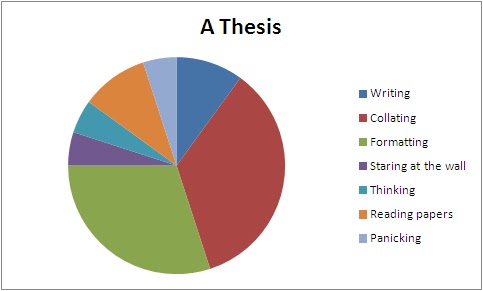Does the PhD process need changing?
Just so you are aware, there is a conversation happening on the Nature Soapbox Blogs website and on twitter hashtag #phdelta about the PhD process and if it needs changing. There are lots of reflections, thoughts and comments coming into the debate. I have written a post about science communication and the PhD and this has sparked the question, should science communication activities be compulsory in a PhD? You can read it here . Also, I spotted this fab post about why blogging during the PhD is good and how to get started :-) Join twitter. If you need help getting started with twitter, this might be useful !


